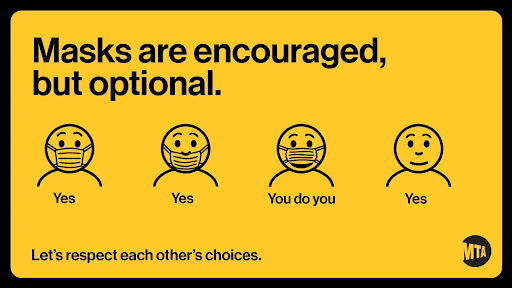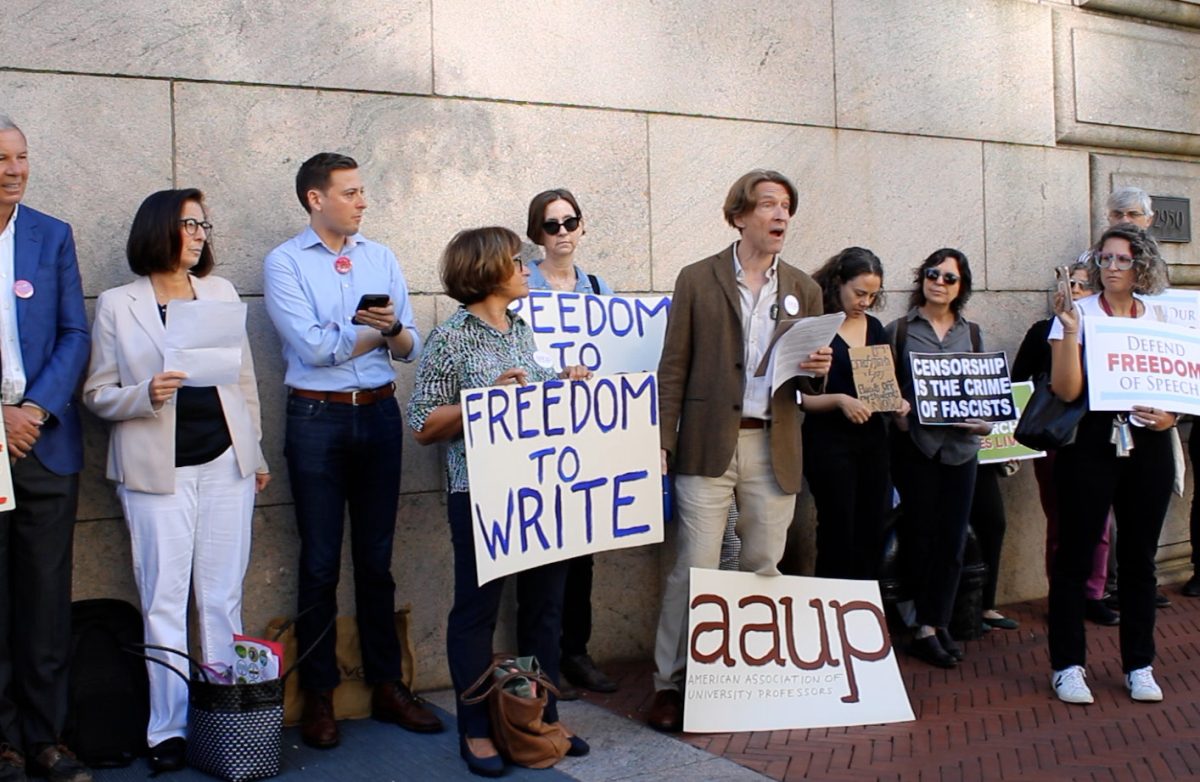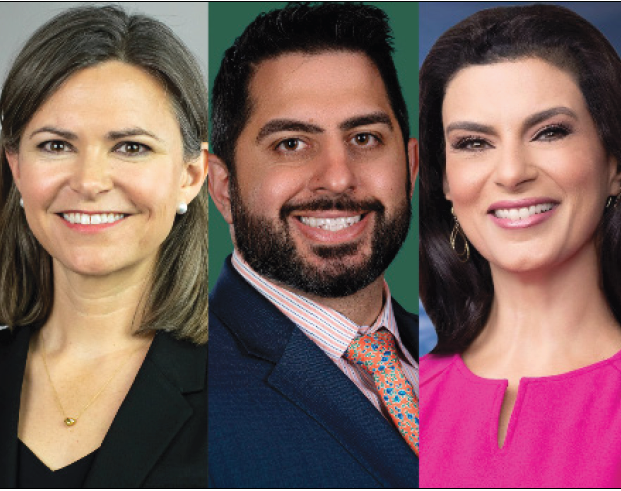By Aliana Potter ’24, Staff Writer

As a public health major at Hamilton College, I have a vested and continued interest in both the government’s and college’s responses to the ever-evolving COVID-19 crisis. Recently, New York Governor Kathy Hochul announced that state officials will lift the former mask mandate on public transit. While masks will still be required in nursing homes, healthcare facilities and hospitals, New York residents will no longer need to don a face covering while riding the subway or bus. According to politicians, COVID-19 is increasingly becoming a pandemic of the past. The governor’s decision comes in the wake of falling case counts, hospitalizations and death rates as well as an increased vaccine uptake and lessened case severity. Hochul also insisted that we must seek a return to normalcy.
While I understand the excitement and rationale behind returning to normalcy, I believe that the governor’s approach to the end of the mask mandate is irresponsible. Shortly after announcing the decision, new posters were hung in the subway stations that displayed inappropriate ways to wear one’s mask and stated that “masks are encouraged, but optional”.
Public transit is a unique part of life wherein a great variety of people from all walks of life pack into a small, dirty space with little-to-no ventilation. Infected people have the potential to transmit disease to extremely large numbers of transit users when stepping into a subway car or bus without a properly fitted mask. Because of this, out of all the places to require masks, public transportation would be my number-one priority. Each person has a wide network of friends and family that they are already exposed to everyday, and those networks grow exponentially when placed onto a public subway platform. There is a huge public health risk when everyone on trains and buses begins taking off masks or wearing them improperly, and politicians should understand and address that.
Here on the Hamilton College campus, we are seeing a similar trend. The only strict requirement this semester is that students must be fully vaccinated, with the only exception to this rule being if the students in question have some form of documented exception. Students no longer need to wear masks on campus unless specifically required by a professor or while in the Health Center; nor do students have any required testing plans. If students get COVID-19, they are directed to isolate themselves in their dorm — even if they have roommates — or drive home when possible. Their roommates are under no obligation to wear a mask or isolate themselves unless they begin to experience symptoms, upon which they should take a COVID test themselves. They must isolate for five days and then are allowed to leave without testing negative as long as a mask is worn. While individual professors have introduced their own mandates and instructions, there is little-to-no guidance from the college on any specific type of mask that should be worn.
While I disagree with the state removal of mask mandates, I find that Hamilton College’s loosening of policies is much more justifiable than the analogous actions of Gov. Hochul surrounding transportation in New York City. Hamilton has a small number of employees and students who interact with each other every day, often seeing the same group of people over and over. When one student is infected, they are likely to infect their roommate and close friends or coworkers, but not many others. They do not have the potential to step onto a bus and infect hundreds of people walking in and out of the subway doors. Whereas a large city like New York has no way to control, track or respond to the impact of a COVID-infected individual boarding a train and infecting hundreds of people within an hour, Hamilton is a controlled environment with the ability to react quickly in the event of an outbreak; it can thus more easily handle the potential responsibilities that come with loosening COVID restrictions.
















